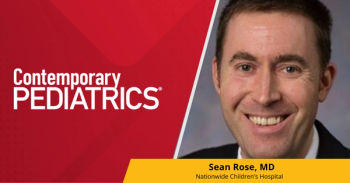
Low-income parents who spank toddlers may foster aggression later
Impoverished parents who spank their one-year-old children may encourage aggressive behaviors and cognitive delays in their children for the next two years.
Impoverished parents who spank their one-year-old children may encourage aggressive behaviors and cognitive delays in their children for the next two years. This is according to a longitudinal study of discipline methods by low-income parents published in
Interestingly, verbal discipline (ie, scolding, yelling or negative comments) does not seem to yield the same effects, especially when parents, such as mothers, also provide emotional support.
Further, of parents who spanked, it was more likely that these parents had fussy one-year-olds, compared to parents who didn’t spank. The irritability led to spanking and verbal discipline from ages 1 to 3.
The primary objectives were to determine whether behavior of mothers impacted troublesome behavior in children, whether children who exhibited difficult behaviors prompted stricter discipline, or both. More than 2,500 low-income mothers of African American, Mexican American, and white descents were interviewed and observed with their children (ages 1 to 3).
Researchers discovered that African American children received notably more spankings and verbal discipline than other children in the study. Authors suggest this may be related to cultural issues, including wanting to instill respect for elders in the children.
The effects of the discipline can be detrimental to a child's development.
"Our findings clearly indicate that spanking affects children's development," said Lisa J. Berlin, lead author and research scientist at Duke University. Specifically, children who were spanked more often at 1 behaved more aggressively when they were 2, and had lower scores on tests measuring thinking skills when they were 3.
Verbal discipline only did not appear to impact tendencies toward aggression or cognitive development. When verbal discipline was mixed with emotional support from mothers, it actually enhanced children's cognitive abilities.
The National Institute of Mental Health funded the study.
Newsletter
Access practical, evidence-based guidance to support better care for our youngest patients. Join our email list for the latest clinical updates.






